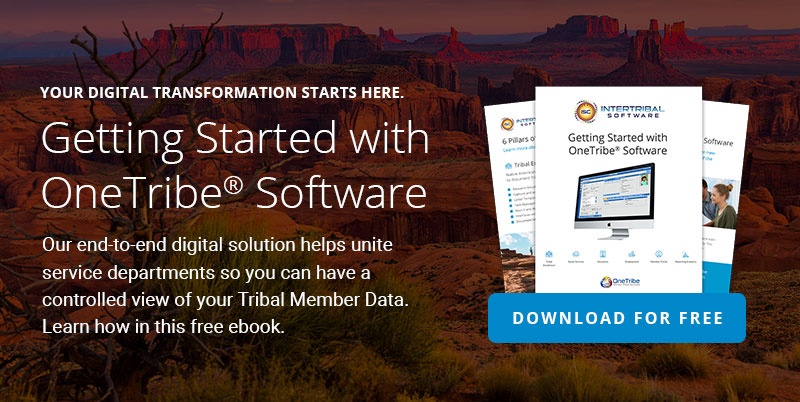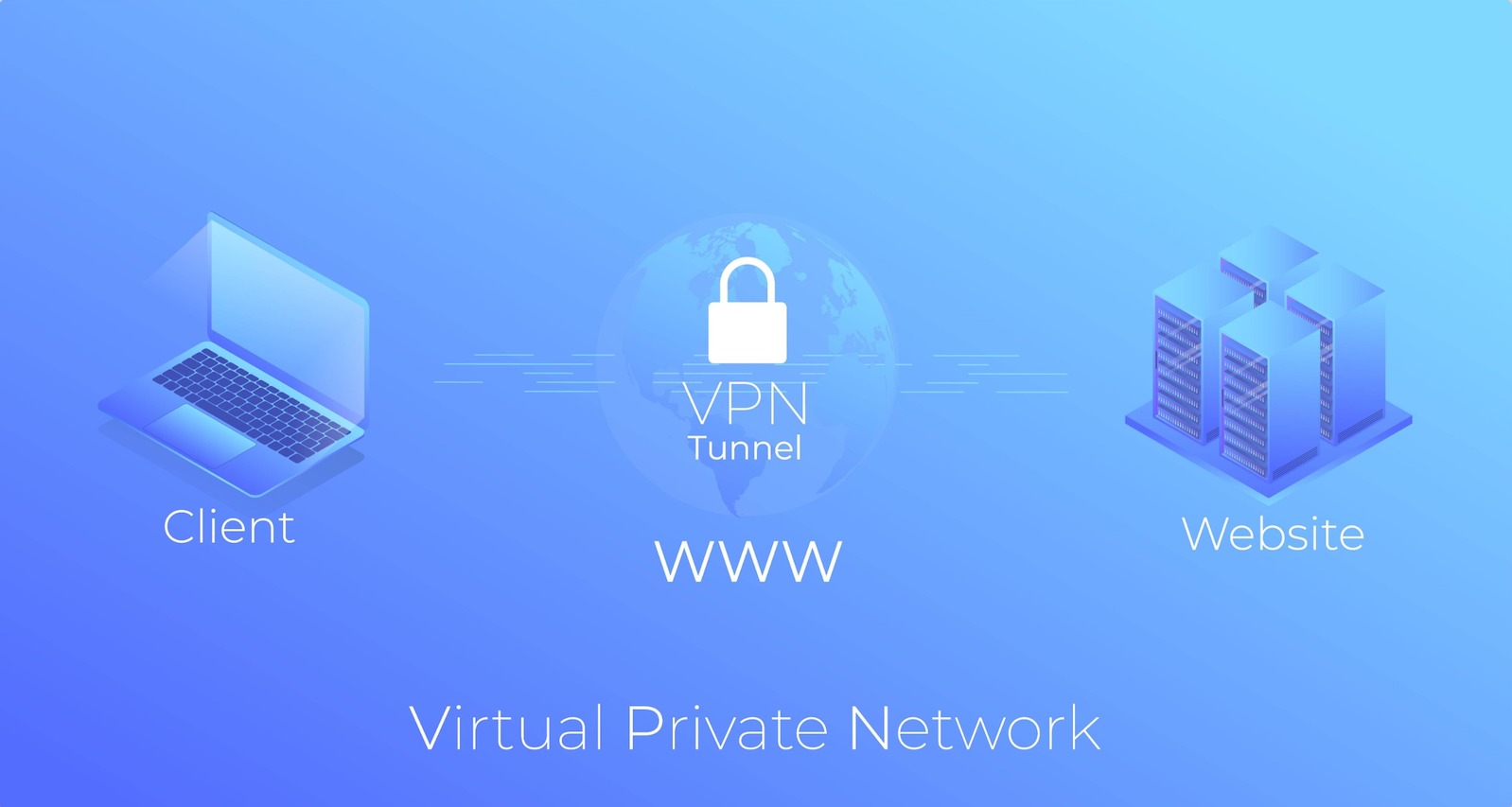
Data is a valuable asset to Tribal Governments, much like it is to any organization. It carries vital insights into member demographics, education, economic development, and resource management effectiveness.
However, the datasets in your databases are only valuable once data analytics is involved. Find out why competent data analytics can be significant in streamlining member services.
5 Ways Data Analytics Improve Your Member Services
1. Identifies Services Members Are Using
Your Tribal Government can hardly improve service delivery without knowing the services members are using. This is where OneTribe's strong data analytics capabilities come into play.
The statistical analysis evaluates various data sources, such as enrollment records, transaction histories, and appointment schedules, to identify priority services. With this knowledge, you can allocate resources more efficiently.
2. Points Out Bottlenecks
Providing exemplary member services is undoubtedly among your leading visions. Perhaps, you want to foster members' sense of belonging and loyalty, while making everyone feel supported and valued.
Data analytics can help you achieve the vision. The analytics identify flaws like communication breakdowns, long wait times, and inconsistencies in service delivery. Afterward, you can fix these inefficiencies to elevate service quality.
3. Improves Member Satisfaction with Leadership
Harnessing the power of data analytics is an excellent way to improve your member satisfaction. The analysis evaluates various data points, such as feedback surveys, service usage patterns, and interaction histories.
After analysis, your team can identify the root causes of member dissatisfaction and areas for improvement. You can then personalize service delivery and improve communication to raise member satisfaction scores.
4. Can Streamline Resource Allocation
When allocating resources, you'll want to prioritize initiatives that have the most significant impact on the community. These include healthcare, education, social services, and infrastructure development.
Data analytics provide insights into where resources, like funding and grants, are needed most. For instance, if analysis reveals a decline in the number of students on track for graduation, the government can allocate resources to implement after-school programs.
5. Bolsters Data Sovereignty
Your Tribal Government must uphold data sovereignty. This means you have to protect sensitive information from unauthorized parties and use it in line with the values of the community you serve.
Again, data analytics can help your government maintain data sovereignty. Data analytics generate the insights you need to ensure sensitive information remains within jurisdictional boundaries and adheres to legal frameworks.
Benefits of Using OneTribe
When it comes to data analytics for your Tribal Government, no other platform outshines OneTribe. The software consolidates your member data into a single database, making it easy to understand and analyze.
OneTribe integrates with Power BI and AI to give you more powerful tools to analyze your data, track trends, identify patterns, and visualize future outcomes. For instance, the OneTribe software with Power BI enables you to visualize crucial aspects like the tribe's growth rate over five years. With our software, you will no longer rely on hypotheses in decision-making.
Learn More About OneTribe
Since 1993, Intertribal Software has assisted Tribal Governments in streamlining membership services through innovative technology. In past data analytics, our OneTribe software optimizes other workflows like tribal enrollment, education, social services, and reporting. Contact us to learn about OneTribe and how it can help you track important Tribal Government data.
Sign Up For Our Newsletter
Recent Posts
- Innovations in Housing: Revolutionizing Tribal Housing with Digital Tools for Management
- Empowering Tribal ICW Departments: Achieve ICWA Compliance and Certification Success with OneTribe® Software
- OneTribe CCA - Your Child Care Data Tracker Replacement Solution
- Transform Your Tribal Member Services With Integrated Software Solutions
- Intertribal Software Raises Strategic Investment
Categories
- OneTribe Software
- digital transformation
- tribal government software
- Laserfiche ECM
- Intertribal Software Consultants
- Childcare Assistance
- Housing Management
- Intertribal Software
- tribal member management
- AFCARS Data Collection
- Child Care Data Tracker
- Child Welfare
- Housing
- ICWA
- ICWA Compliance
- Indian Child Welfare Act
- OneTribe Platform
- Title IV-E Certification
- Tribal Data Tracker
- Tribal Family Services
- Tribal Housing
- Tribal ICWA Software
















